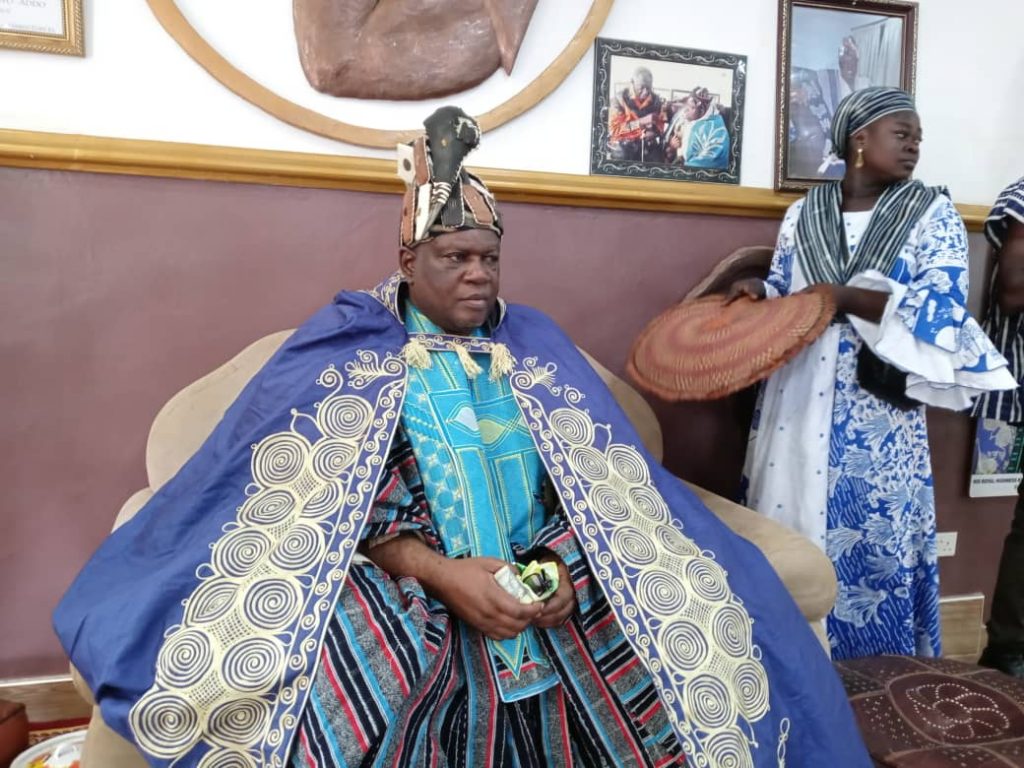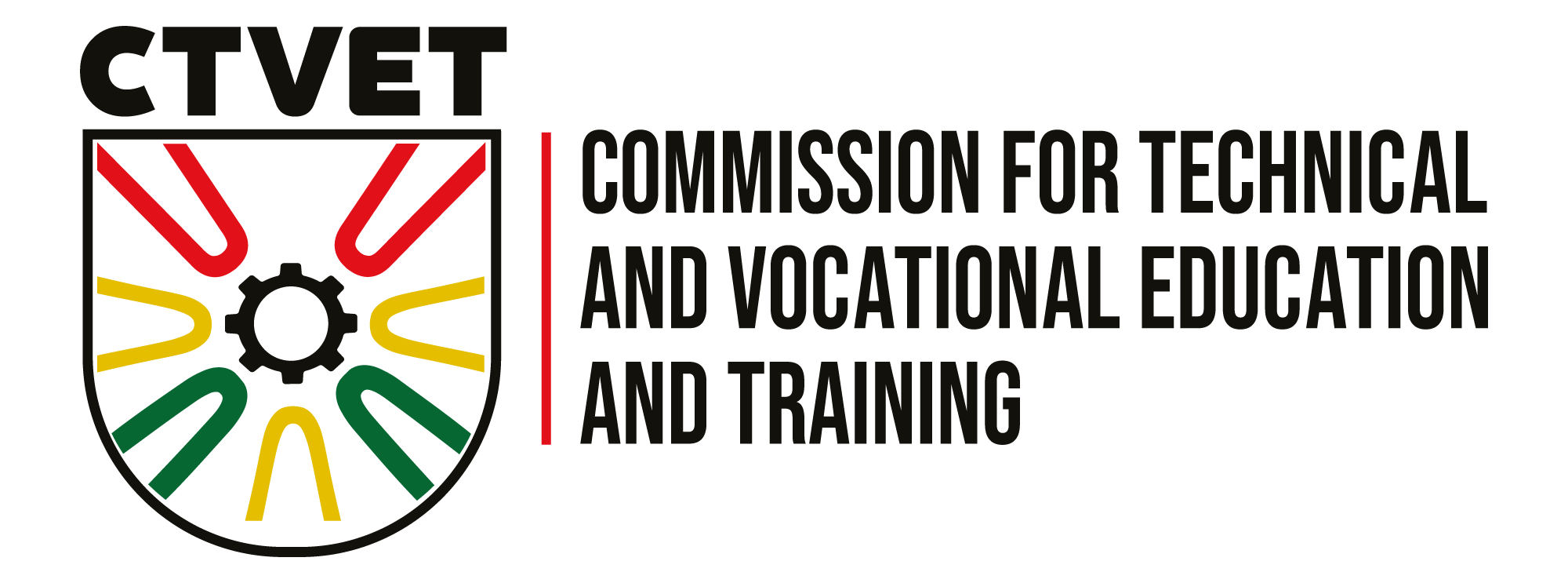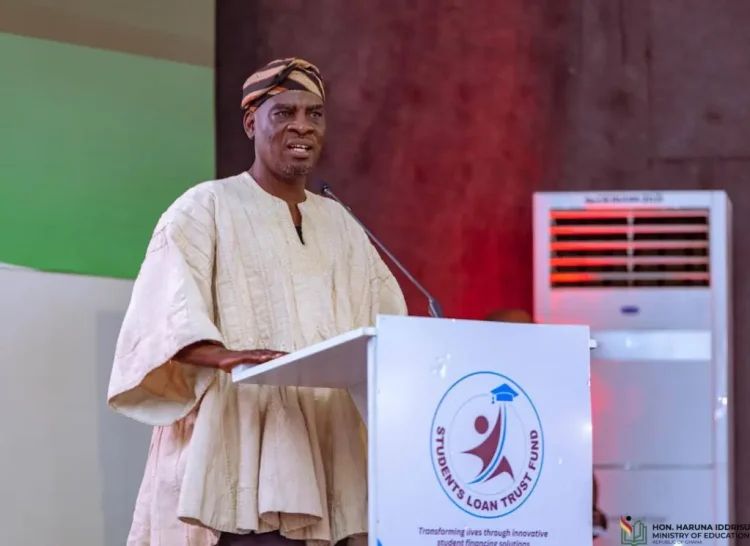The Minister of Education, Haruna Iddrisu, has officially broken ground for the construction of a new Technical and Vocational Education and Training (TVET) Centre of Excellence in Salaga, the capital of the East Gonja Municipality in the Savannah Region.
The initiative, which forms part of the government’s broader education infrastructure drive, aims to strengthen technical and vocational skills development among Ghanaian youth — a key step toward addressing unemployment and promoting industrial growth.
According to the minister, the project is fully funded and resources have been secured to ensure the timely start and completion of construction without financial interruptions.
Speaking at the sod-cutting ceremony on Sunday, Haruna Iddrisu assured residents and local authorities that the government has made all necessary arrangements to guarantee the project’s completion within schedule.
“The funding is fully available. We do not want a situation where a project starts and stalls midway. We are committed to ensuring this facility is completed to serve the young people of the Savannah Region,” the Minister stated.
The Centre, which will be constructed by De Lorenzo Construction Company, an Italian firm with experience in technical education infrastructure, will include modern laboratories, workshops, and learning spaces to meet international standards.
Features of the new TVET Centre
According to De Lorenzo’s Africa Area Manager, Roland Ruhumuriza, the Salaga TVET Centre will house cutting-edge training and practical facilities. These include:
- ICT laboratories with programming and coding components
- Electronics and robotics workshops
- Cosmetology and beauty therapy training units
- Technical drawing and mechanical engineering classrooms
Ruhumuriza disclosed that the project is expected to be completed and handed over before the start of the next academic year, making it one of the fastest major educational builds in the region.

The Paramount Chief of the Kpembe Traditional Area, Kpembewura Ndefeso Banbange I, expressed deep appreciation to President John Dramani Mahama and Minister Haruna Iddrisu for what he described as a “timely and visionary project.”
“This initiative is not only a symbol of hope for our youth but a practical response to the challenge of unemployment and limited technical training opportunities in this part of Ghana,” he said.
He pledged that the traditional authority would monitor the construction process closely to ensure that the project is completed to the highest quality standards.
The *Savannah Regional Minister, *Salisu Be-Awuribe, also commended the initiative, calling it a “transformational milestone” for the region. He noted that the Centre would be the first of its kind in the Kpembe Traditional Area, providing technical education opportunities within reach of thousands of students from nearby communities.
The Education Minister also used the occasion to announce plans to upgrade the classification of several senior high schools across the country as part of the Mahama administration’s “Reset Agenda”. Ten Category C schools are to be elevated to Category B, and another ten from Category B to Category A, reflecting ongoing investments in educational quality and infrastructure.
“Under President Mahama’s Reset Agenda, we are prioritising the improvement of classrooms, dormitories, and workshops to enhance the learning experience for all students,” Haruna Iddrisu said.
The minister stressed that strengthening Ghana’s TVET system is central to producing a skilled workforce that can drive industrialisation, self-employment, and technological innovation.

The construction of a TVET Centre of Excellence in Salaga holds national and regional significance. Technical and vocational education is increasingly being recognised as a catalyst for job creation and sustainable economic growth across Africa.
In Ghana, data from the Commission for Technical and Vocational Education and Training (CTVET) shows that the country currently operates over 200 accredited TVET institutions, yet access remains uneven, particularly in the northern regions. Many rural youth continue to migrate south in search of technical jobs or apprenticeships due to limited local facilities.
The new Salaga Centre, therefore, represents not only an investment in infrastructure but also an opportunity to decentralise technical education and make employable skills more accessible.
A 2024 Ghana Statistical Service (GSS) labour survey estimated that youth unemployment stands at around 13.8%, with underemployment rates even higher in the Savannah and Northern regions. Experts believe that targeted investments like the Salaga TVET project could help close this gap.
Ghana has, in recent years, prioritised TVET under initiatives such as the MyTVET Campaign and the establishment of the Ghana Skills Development Fund. These programmes seek to align vocational training with industry needs and improve job readiness among graduates.
The Salaga project complements similar Centres of Excellence under construction in other regions, including Kumasi, Sekondi-Takoradi, and Ho, all aimed at creating a network of high-standard technical institutions nationwide.

Once completed, the Salaga TVET Centre of Excellence is expected to serve as a regional training hub, drawing students from the Savannah, Northern, and Bono East regions. It is projected to offer short courses, diploma programmes, and hands-on training tailored to Ghana’s industrial and service sectors.
For communities in and around Salaga, the project represents more than a construction site — it is a tangible sign of government investment in skills and opportunities.
The Salaga TVET Centre marks a major step toward bridging the north-south educational divide in Ghana. If completed as planned, it could redefine youth training and employment prospects across the Savannah Region. However, consistent oversight, transparent funding management, and timely completion will be essential to turn this promise into real progress.
Read also: Military Task Force Rescued After Mob Attacks Anti-Galamsey Operation in Ahafo

